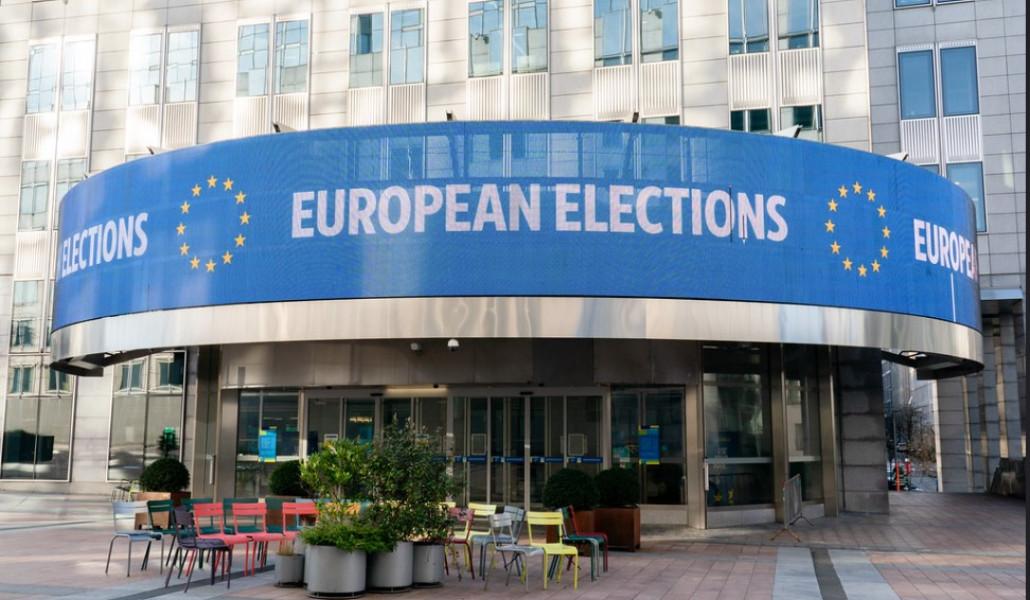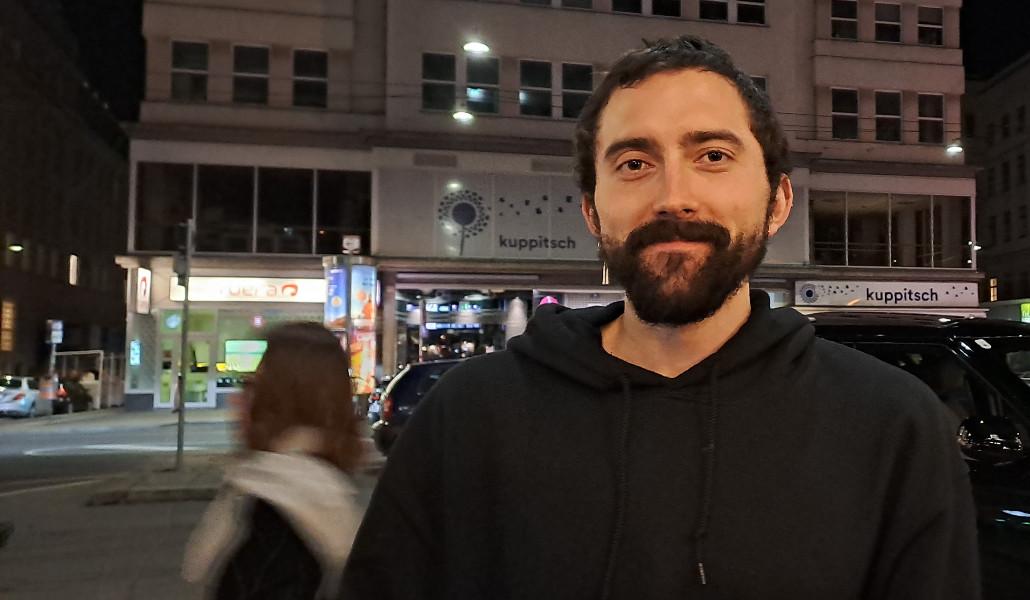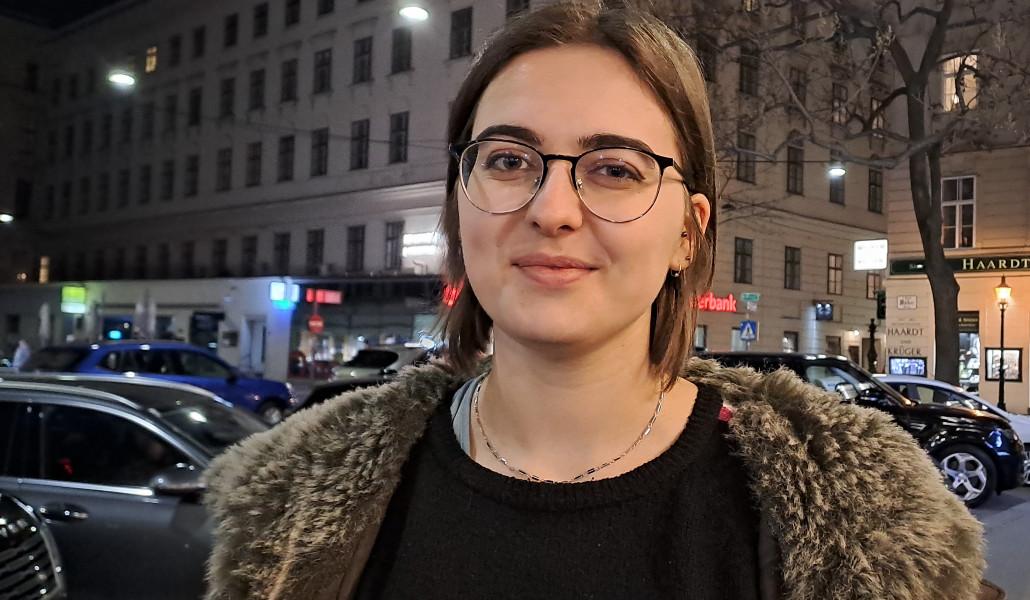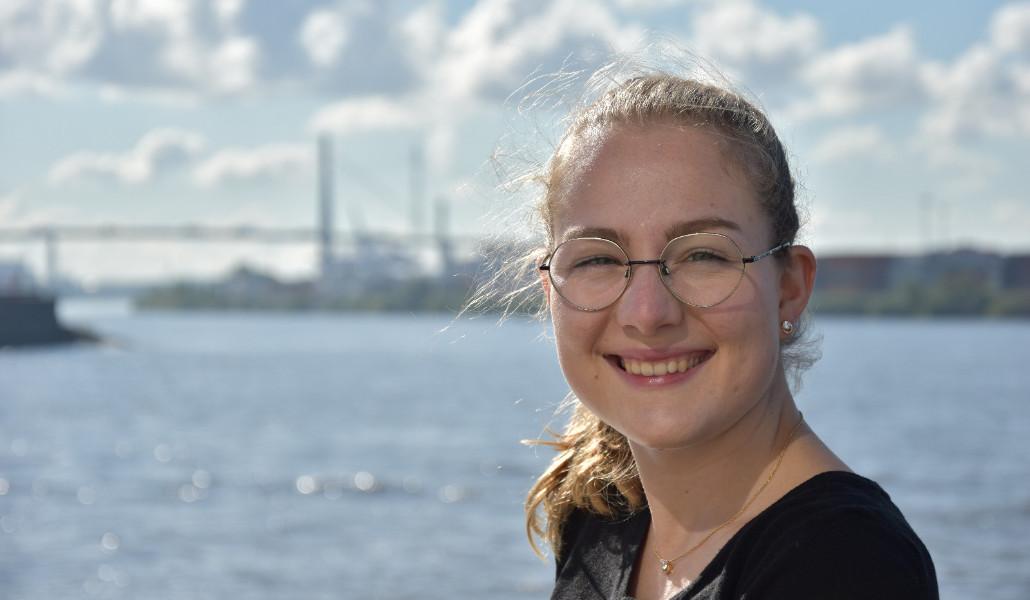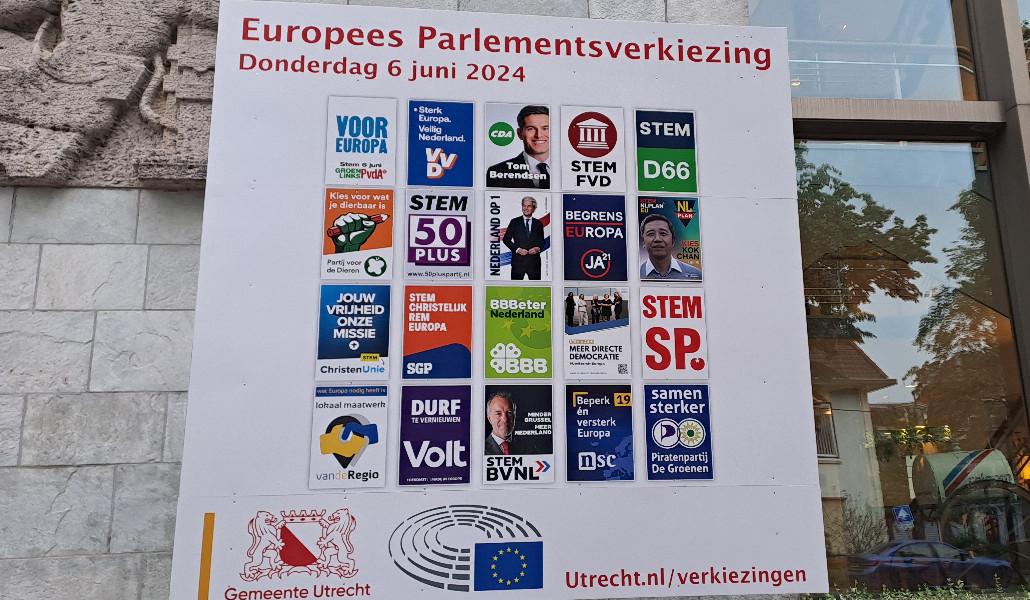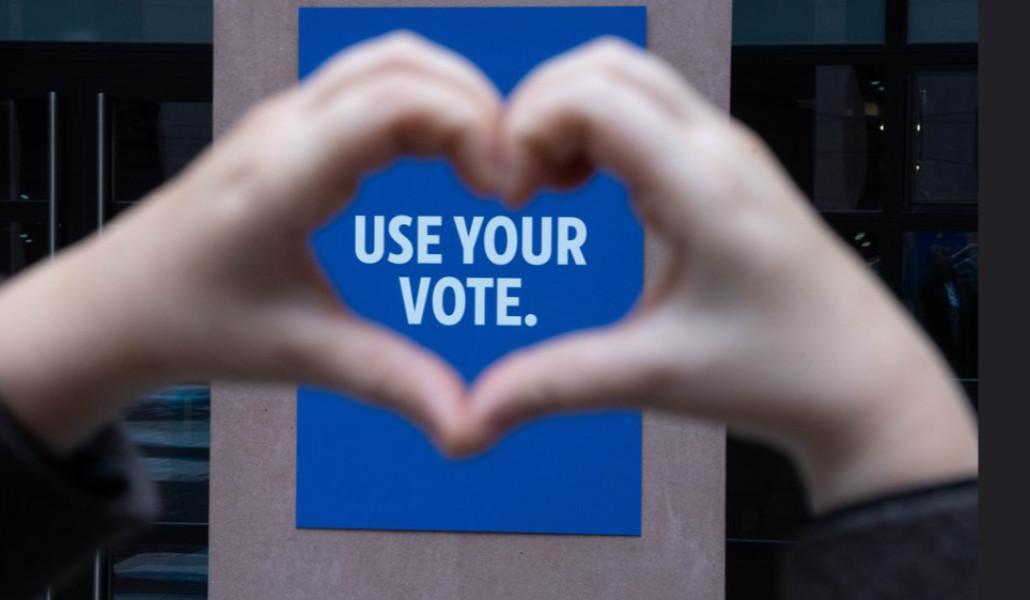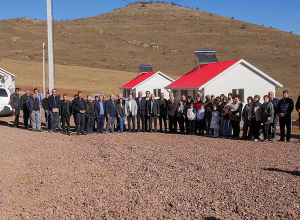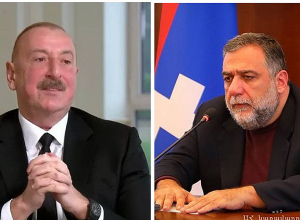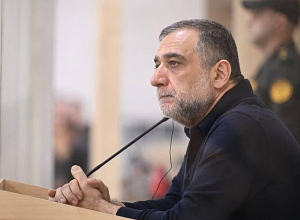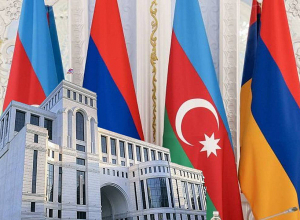Nearly 1.7 Million 16-Year-Olds Eligible to Vote for the First Time in European Parliament Elections
Support A1+!Despite issues like climate change, poverty, and gender equality ranking as top priorities for young Europeans, there are concerns many of the nearly 2 million first-time voters aged 16 and 17 may sit out the EU Parliament elections due to doubts their participation can create change. Pre-election polling shows this demographic placing a higher emphasis on these topics compared to the general population, yet some express fears of disillusionment suppressing youth turnout as it has in past European votes.
Four EU Member States (Belgium, Germany, Malta, and Austria) permit 16-year-olds to vote, while Greece allows 17-year-olds to vote in the 2024 European Parliament elections. By lowering the voting age, these countries aim to promote equality and prevent age discrimination.
Around 1,760,000 young voters aged 16 and 17 are expected to cast ballots for the first time in the upcoming European elections - approximately 260,000 in Belgium and 1.5 million in Germany.
Including Malta (8,500), Greece (105,000), and Austria (174,000), the total youth voter population will reach 2 million, according to the European Parliamentary Research Service (EPRS). The elections from June 6-9, 2024 will engage over 365 million citizens across the EU's 27 Member States.
Austria made the pioneering decision a decade ago to grant 16-year-olds voting rights in national elections, resolving debates around extending the franchise to this age group based on the principle of "no taxation without representation."
The principle of "no taxation without representation" refers to the idea that citizens should not be taxed by a government in which they have no voting voice or representation.
However, recently allowing 16-year-olds to vote in European Parliament elections has reignited this discussion.
Timo Buchhares, a 23-year-old Austrian, commented on the voting age debate and the role of youth in shaping politics:
"While I am not 16 years old, I developed an interest in politics at that age, and I believe many young people share this curiosity. I see this discussion on age always as a political game because it is evident that youth tend to favor leftist ideologies, hence conservatives may oppose lowering the voting age."
When asked about his previous voting behavior, Timo Buchhares confessed: “I'm very ashamed, but I never voted in the European Elections. I'm ashamed because I think it's our duty to vote, use this right as a citizen of the European Union, and take care of our future.”
According to Buchhares, he did not vote in previous EU elections due to a lack of information but plans to vote in the upcoming elections.Buchhares openly admitted that the election outcome would likely have seen minimal change if he had voted at 16 and now.
“My beliefs have remained consistent since the age of 16; the only difference is that back then; I was more emotional,” he explained.
Felix Mährenbach, an Austrian aged 22, says that he does not remember who he voted for in the previous European Parliament elections because he did not have a preferred candidate. He does not hide that he followed his parents' advice. He was 18 at the time.
"I cannot speak on behalf of everyone, but I think that 16-year-olds did not have a strong enough opinion to make a proper choice. On the other hand, many older individuals also did not have," he remarked.
This year, however, Mährenbach plans to vote for Austria's Green Party, whose surprise lead candidate is 23-year-old Lena Schilling, the country's prominent climate activist.
Schilling, an Austrian student of political science, gained recognition for spearheading the local Fridays for Future movement initiated by Greta Thunberg in 2018. By 2021, she had emerged as a prominent figure in the ongoing campaign to protect a Vienna wetland threatened by a proposed motorway tunnel under the Danube. Ultimately, due to pressure from environmental advocates, the project was abandoned.
Magdalena Bohn, 24, an Austrian student, believes Schilling is the favored candidate among Austria's youth for her environmental advocacy. While supporting Schilling, Bohn has limited expectations of the new European Parliament: she fears nationalist forces promoting anti-immigrant ideology may make gains.
Bohn disagrees that 16-year-olds are uninterested in politics, saying: “I believe there are many 16-year-olds who show more interest in politics than those aged 25-30.” She mentions that the school subject focused on political processes and parties contributes to this interest. “When I was 16, I was interested in national politics, and it was a frequent topic of discussion at school. I believe this significantly shaped my understanding of its importance.”
However, Bohn worries many youths may not vote, doubting their ability to create change. The European Parliament shares concerns about low youth turnout.
According to their 2019 Post-electoral survey only 42% of 16-24 year-olds voted in the last EU elections, 9 points below the overall rate.
Furthermore, even if there are practical obstacles impeding youth engagement and voting, this demographic is more likely than the general population to attribute their abstention to practical or personal reasons.
According to the Secretariat of the European Parliament to our inquiry, these reasons may include lack of information, unawareness of the election dates, uncertainty about the voting process, lack of interest, and more.
The European Parliament has developed platforms like the Youth Hub (EU Youth website) and European Youth Event to increase outreach. (European Youth Event is a platform for young people to discuss important issues, exchange ideas, and learn about the European Union).
Social media is a key communication asset of the European Parliament, with a record 6,5 million followers across a range of social media platforms. According to the Secretariat of the European Parliament, they are trying to reach new audiences, including young people who may not typically engage with political content. However, their engagement with political content is shifting to non-conventional ways. For example, according to Parliament's Media & News Survey 2023, 79% of youngsters follow influencers and content creators on social media, while only 37% of the overall population does so.
Magdalena Bohn recalls the approach taken by candidates during the previous elections for the European Parliament in engaging with young people. They would set up stands, distribute informative booklets, and sometimes offer sweets outside different universities.
Bohn suggests the most effective way to engage youth is addressing issues that directly concern them.
The EP Autumn 2023 pre-election polling shows climate action (36%) and the fight against poverty and social exclusion (36%) are the main priorities for youth. In the case of action against climate change, youth is 7 points above the EU average (29%). Gender equality, inclusion, and diversity also stand out for youth (20%), 6 points more than the overall population.
Concerns and Hopes for the EU’s Future
Alina Hagel, a 24-year-old German student, says she is much more interested in politics now compared to when she last voted in the 2019 European Parliament elections at age 19.
"To be honest, it's such a long time ago so I don't remember which parties I selected," said Alina about the 2019 vote. "I think I selected like one of the main parties or even two of the main parties."
However, Hagel says she plans to thoroughly research her options for the upcoming European elections in 2024. With general dissatisfaction towards the main parties' policies in Germany, she is considering giving her vote to some of the smaller parties this time around.
"In Germany, we have a minimum of 5% that a party has to get to get into the Parliament, and for the European election this barrier is lower at only 3%," explained Alina. "So for smaller parties, they have a higher chance to get into the parliament."
While Alina Hagel views the European Union as standing for freedom and democracy, she expressed concerns about a potential surge in far-right, eurosceptic parties across Europe. Parties like the Alternative for Germany have made concerning gains by campaigning on extreme anti-immigration platforms.
She hopes that moderate pro-EU parties can maintain their position. "I hope that we can keep the status quo that we have right now."
On lowering the voting age for EU elections to 16, Alina said, "For the 16-year-olds maybe they are not yet that much interested in politics, and also maybe they are very influenced by what their parents elect." However, she added, "I think it's really important that young people can participate in the elections because the decisions that are taken by politicians influence our lives like the lives of the young people."
A survey conducted before the European elections 2024, found that 64% of young people intend to vote. However, even though many believe voting is important, not everyone is interested in politics. Specifically, 19% of young people said they are not interested in politics, and 13% said they are not interested in voting.
The Youth Vote: Insights from a 20-Year-Old Voter in Barcelona
Laia Jubany, a 20-year-old voter from Barcelona, plans to cast her ballot in the upcoming European Parliament elections, underscoring their significance even for younger citizens.
"I'm going to vote these European elections because I think they are really important as in the EU, there are a lot of things that affect us," stated she.
She defended extending voting rights to 16-year-olds, arguing "We don't have to take their opinion less into account just because they are younger, because probably they know about the topics we are discussing." In Spain, the minimum voting age is 18 years.
However, she admits being undecided on which party will get her vote, weighing whether to support a Catalan regional party or a national Spanish one in the EU polls.
"I'm not sure, I mean I probably vote for a left party, but I am not sure which one," said Jubany.
One possibility is the left-wing Esquerra Republicana, which promotes Catalan independence. She notes their focus on key local issues: " They are focusing on improving our problems with living conditions like housing prices, as well as working salaries and conditions."
By the way, the priorities of young people do not differ much from the desires of older voters. The evidence for this is the latest pre-election polls.
According tօ the Parliament’s Spring 2024 Eurobarometer, European citizens would like to see the fight against poverty and social exclusion (33%) as well as supporting public health (32%) as the main issues under discussion during the electoral campaign. Support to the economy and the creation of new jobs, as well as EU defense and security are both in third place (31%). The importance citizens attach to EU defense and security has increased over the parliamentary term, particularly in light of Russia’s war of aggression against Ukraine.
Karine Asatryan
